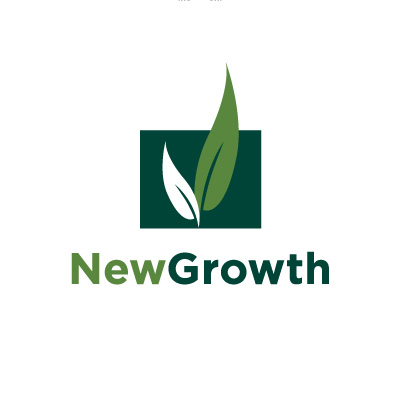Evaluation is one of New Growth’s core services. We’ve worked with nearly 100 clients in 18 states over the last seven years, ranging from K-12 districts to chambers of commerce to philanthropies. Recently, the team sat down to reflect on our experiences and the following lessons emerged from the conversation.
Logic is the beginning of wisdom:
Producing a thorough Logic Model is singularly important. A Logic Model is a visual tool for communicating how a project intends to move from starting points through activities to outcomes. In our experience, it can be hard to arrive at a clean view of a project because they seldom exist in isolation and drawing a box around a project can be challenging. Evaluators should use the Logic Model building process to create the framework that will be used for posing evaluation questions and assembling data collection plans.
A winning effort begins with preparation:
Data acquisition is harder than analysis, in most cases. Primary data – obtained directly from individuals – requires thoughtful planning and brings challenges of completeness, cleanliness, and quality. Administrative data – obtained from databases maintained by the client, a partner, or a government agency – has its own challenges, such as accessibility, timeliness, and data lags. Government agency data can be especially problematic due to lengthy application and contracting processes. For these reasons, we have evolved our processes to emphasize early communication and expectation-setting and early involvement of our data manager and in-house legal counsel who specialize in data acquisition.
Efforts are not enough without purpose and direction:
Answering one-off questions is challenging, so managing client expectations is necessary. We often find ourselves answering new, interesting questions that weren’t specified in the evaluation plan, which helps builds knowledge and is valuable. But we must remember that we are responsible for producing contractually defined product and balancing field building against the overall scope of work is critical.
Study the past, if you want to divine the future:
Finally, the element that we most want to develop further in future evaluations is building communication and continuous improvement strategies for the project. Beyond case-making or fundraising, we want to work with our clients to help them see how an evaluation report builds into their communications plan to help them tell the story of their success and share best practices. In this same vein, we also see the need to show to how to use evaluations for improvements within their project or organization so they can thrive going forward.
Through the years, we have learned that preparation and follow-up are vital components of the evaluation process, sign up for our newsletter to share in lessons we have learned from our other areas of expertise.

